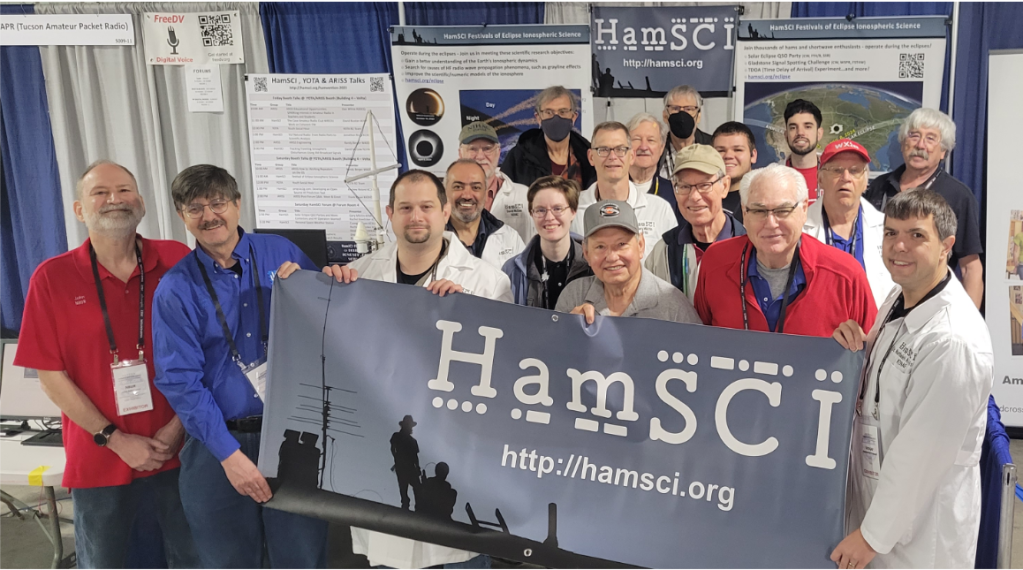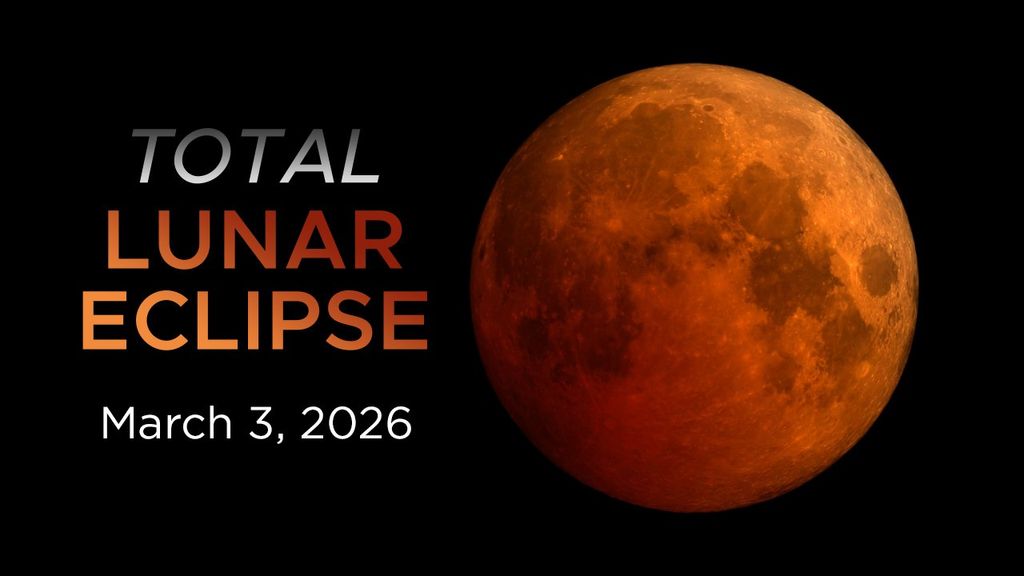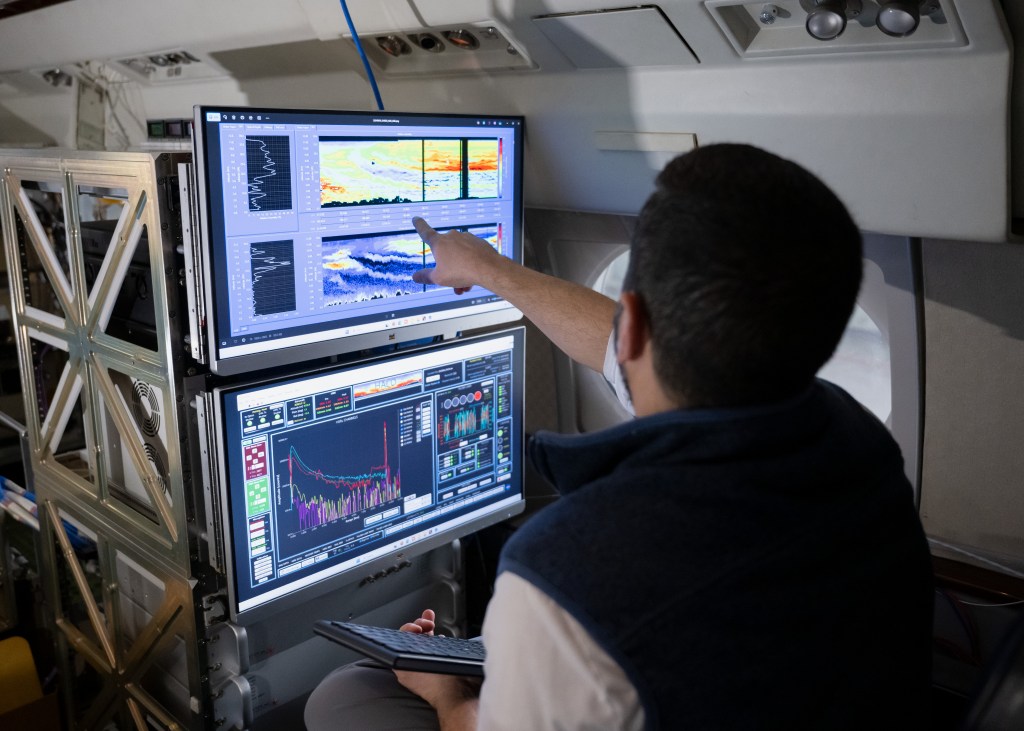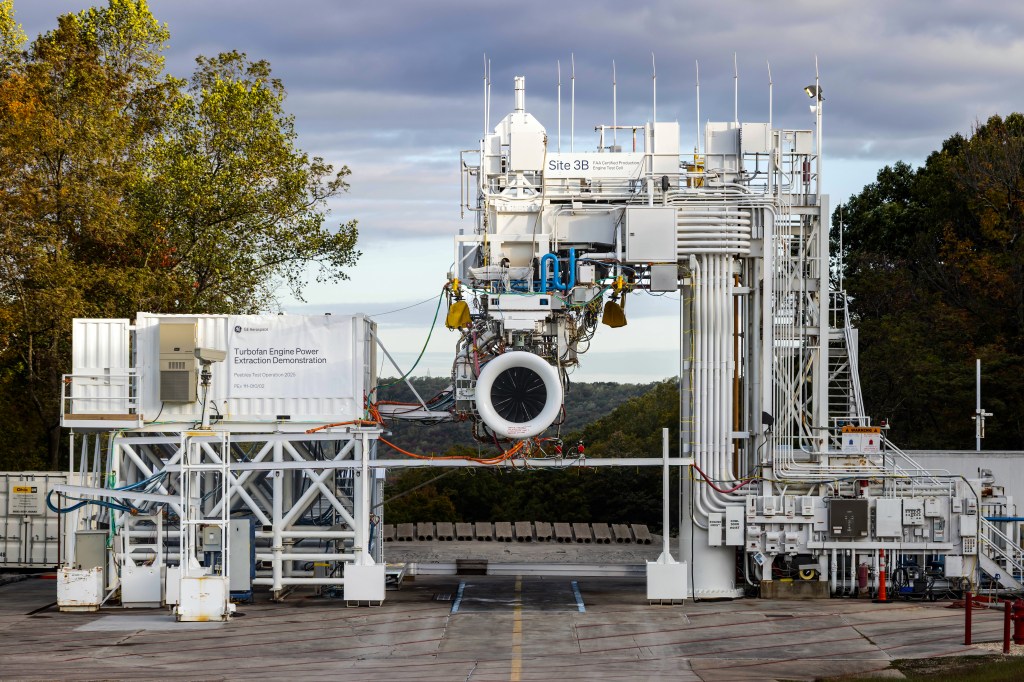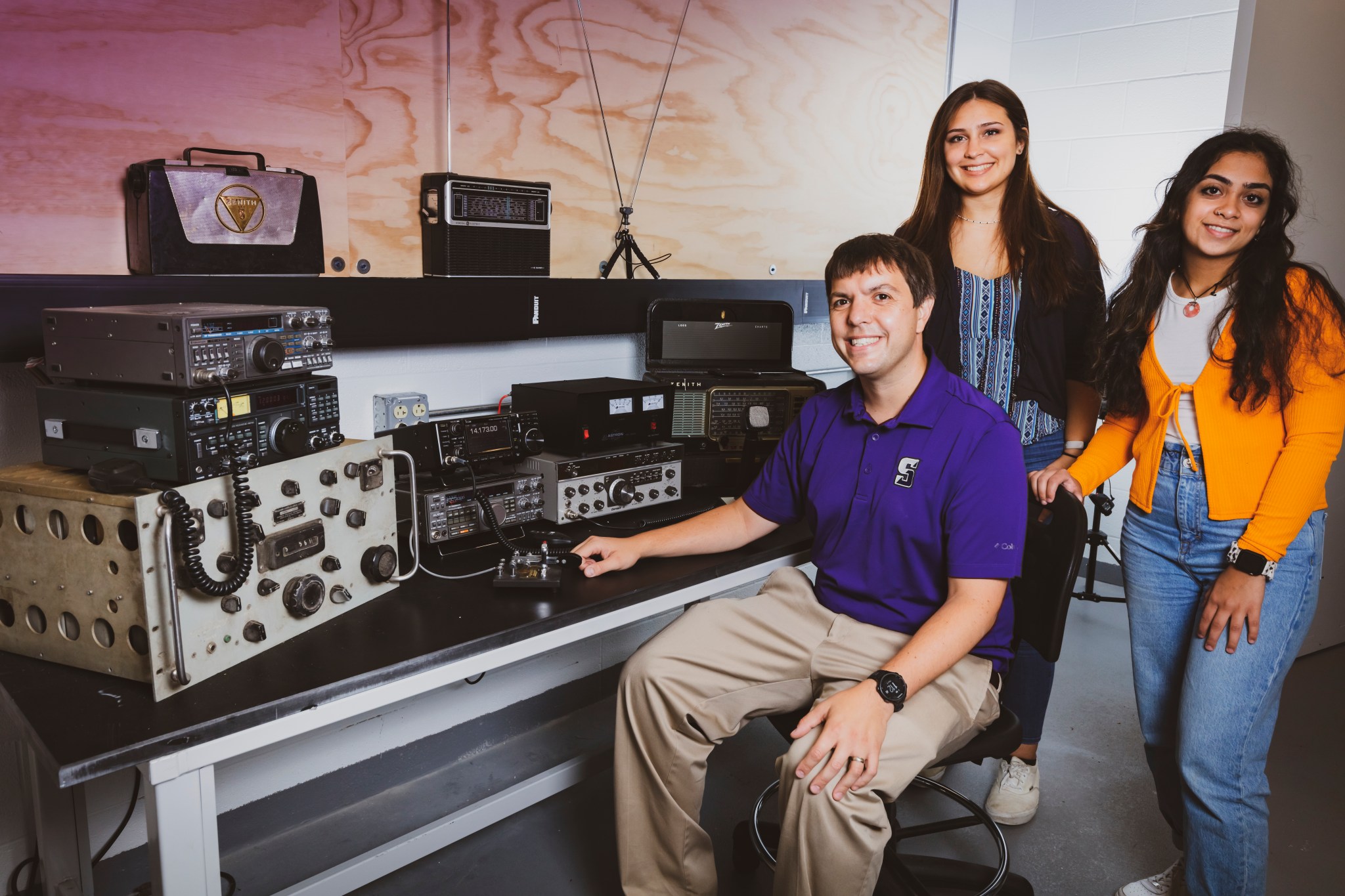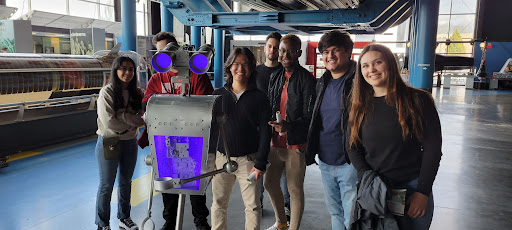Ham Radio Science Citizen Investigation
The Ham Radio Science Citizen Investigation (HamSCI) is a platform for amateur radio operators and enthusiasts to use their skills to advance scientific research and understanding of our ionosphere.
Amateur (ham) radio operators purposefully bounce radio signals off the Earth’s ionosphere - a region of charged particles high up in the atmosphere - to communicate with people beyond the horizon. The strength of the bounce provides many clues about the ionosphere, such as its height, density and dynamics. HamSCI volunteers have helped use these clues for research on space weather, solar flares, eclipses, and more.
project task
Collecting data with special equipment
division
Heliophysics
where
Online
launched
2017
What you'll do
- Join one (or more!) of several ongoing projects, including investigations of data collected by the Reverse Beacon Network, WSPRNet, and PSKReporter.
- Use your own Ham radio to send signals that projects will pick up, yielding information about the Earth’s ionosphere.
- Advanced users launch their own projects and recruit other HamSCI volunteers to collaborate.
Requirements
- Time: hours
- Equipment: A smartphone or computer with internet connection. Having access to a Ham radio opens up many more ways to participate.
- License (optional): While transmitting radio signals is not required to participate in HamSCI, if you choose to do so you must hold a valid amateur radio operator license.
- Knowledge: Online materials and virtual meetings welcome people at all levels of Ham radio experience.
Get started!
- Visit the project website.
- Click the “Get Involved” link to learn about the various projects you can join and how to join the community.
- Join one or more ongoing projects listed on this page.
Learn More
Consider attending the annual HamSCI Workshop - in person or online. You will hear scientists and amateur radio operators presenting on their research and experience in our community. It’s a great way to meet people and experience the excitement of radio science research. Past Workshop proceedings are available on the HamSCI website.
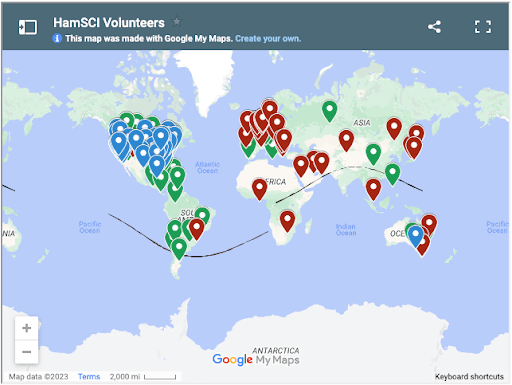
Get to know the people of HamSCI!

